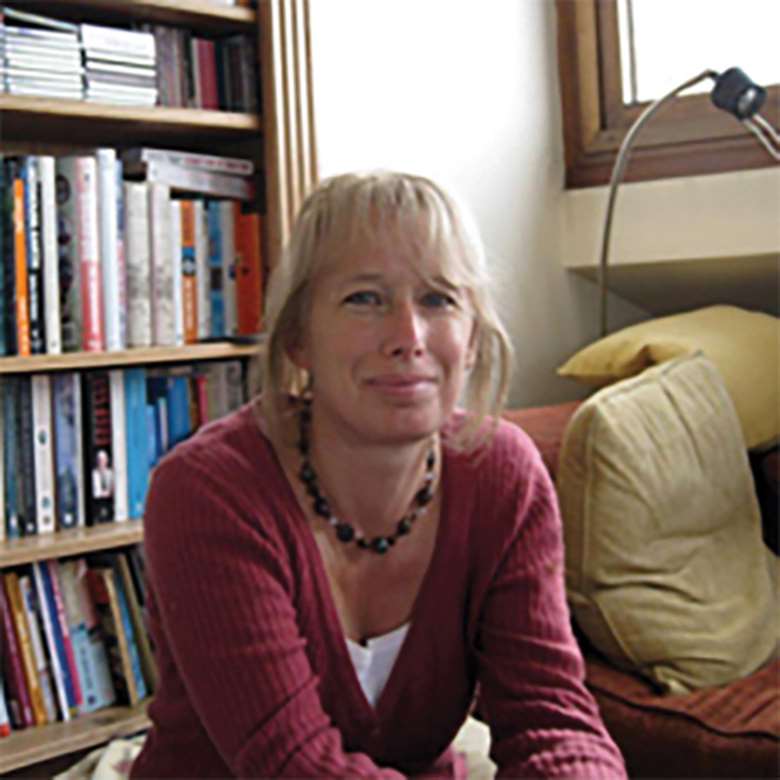Please don’t normalise delay
Helen Lincoln
Monday, May 22, 2023
Earlier this month, three of the consultations associated with the Independent Review of Children’s Social Care, and the government’s implementation plans, came to a close.

There will now be a pause for the DfE to reflect on and consider the collective wisdom shared across the submissions it received.
For me, this coincided with chairing my first meeting of the ADCS Families, Communities & Young People (FCYP) Policy Committee. Thank you to all those who came and contributed, it was a really rich, stimulating and supportive meeting.
One of our discussion areas was about early help and the legal framework of Section 10 of the Children Act 2004 and Section 17 of the Children Act 1989. We landed on the need to do a SWOT analysis … So, any ADCS members interested in joining this important policy discussion, please let me know…
However, for my first blog as the chair of the FCYP Policy Committee, I wanted to step back from the long running national debates about reforms to the children’s social care or SEND or education systems for a moment and reflect on some shared work done by Cafcass and ADCS to understand delay for children and young people involved in public law care proceedings.
Over the last three years ADCS and Cafcass have worked together to try and understand and capture the impact of court delays on children via three separate data snapshots. Our shared efforts in the previous exercises have engendered good local conversations and interventions, which have resulted in many children’s proceedings being concluded. We have now sounded the starting whistle for a fourth snapshot looking at the most delayed children. Renewed focus on the 26-week Public Law Outline (PLO) deadline will result in fewer delays going forward, so we are targeting this exercise at the children who have been, and remain in, proceedings for in excess of 100 weeks. Nationally, this amounts to several hundred children. Our concern must lead us to act, so that everything that can be done, is being done, to give these children certainty by taking long-awaited decisions about their lives. This latest data collection focuses on what it will take to do just this.
This week, DCSs should receive your authority’s data, if it is not already with you by the time you read this. While this is a relatively small cohort of children, it is a reminder of how the pandemic has strained our entire system, with local authorities, schools, health services, the courts, judiciary and Cafcass all continuing to be impacted. The multi-agency Family Justice Board has named tackling this delay as a key priority for the year.
The impact of delayed proceedings for children, especially those that run over a year, is harmful. Children themselves tell us that the uncertainty that comes with lengthy proceedings causes them additional anxiety, damages their schooling, their friendships, relationships with their siblings, and can impact negatively on their plans for the future. The Family Justice Young People Board recently posed a powerful question: “What would it feel like not knowing where you are going to live for 47 weeks?” - the current national average for concluding public law care proceedings - alongside a plea to avoid normalising delays…
What we do see is that, by working together many places are really getting back to timely proceedings. The North East and parts of the South West are making good progress on this journey with delays at around 34 weeks, in one court area in the West Midlands is almost 30 weeks. So, it can be done! What is also really important for us to hold onto is that the PLO is really having an impact; the number of applications for care and supervision orders remains lower than pre-pandemic levels, even though the number of cases in the system is higher due to longer durations. The approach to making every hearing count, improving assessment work and providing support to families in the pre-application stage of the PLO are all positive developments.
All of this, alongside President of the Family Division Sir Andrew Macfarlane’s letters to judges about fact finding and additional experts, reflects a system that is committed to ensuring that no child is left behind. There is still a long way to go, but thanks to the efforts of local authorities, and our partners, we are certainly heading in the right direction.
Helen Lincoln is chair of the Association of Directors of Children’s Services (ADCS) families, communities and young people policy committee and executive director of children, families and education at Essex County Council. This blog was first published on the ADCS website.




